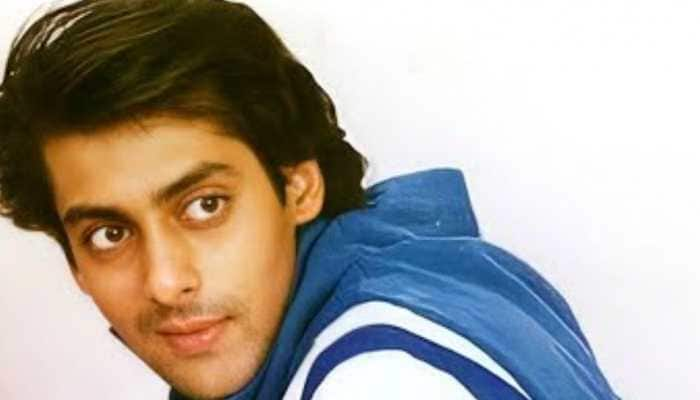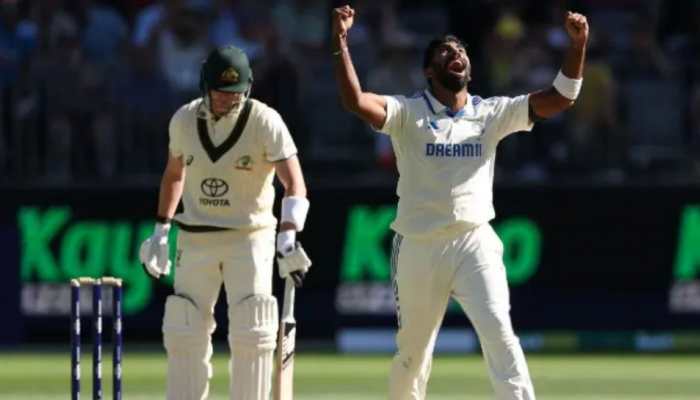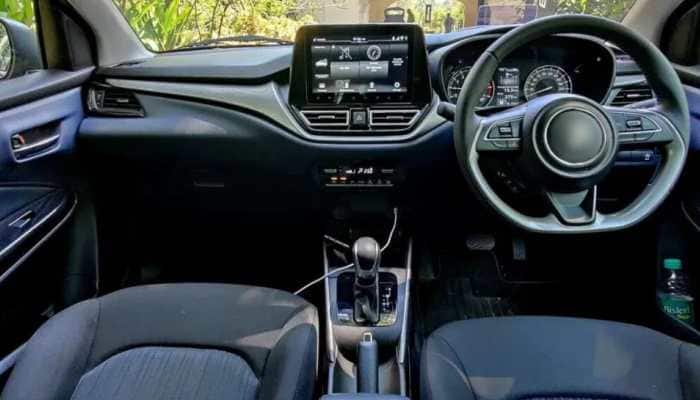British court upholds decision to remove terminally ill infant off life support against parents' wishes
Charlie's condition reflects the markedly decreased amount of mitochondrial DNA found in muscle, liver and brain tissues in these disorders. These are severe disorders presenting in early infancy or childhood with profound weakness, encephalopathy, seizures and liver failure.
Trending Photos
) Image courtesy: @charliesfight/Instagram
Image courtesy: @charliesfight/Instagram New Delhi: Born in August 2016, 10-month-old Charlie Gard is battling a rare genetic condition called infantile-onset encephalomyopathic mitochondrial DNA depletion syndrome, or MDDS.
He also suffers from brain damage which has snatched away his ability to move his arms and legs, eat or breathe on his own. He has been connected to machines to help keep him alive.
His parents, Chris Gard and Connie Yates, admitted him to the Great Ormond Street Hospital for Children in London when his condition was diagnosed. After putting in all their efforts, the hospital staff said they could do no more and advised the parents to allow their baby to move on.
However, the parents didn't agree and wanted to try other ways to help their child. Things turned sour when the situation was moved to the European Court of Human Rights.
While the hospital maintained that nothing could be done to save Charlie, the parents adamantly argued that there was an experimental treatment in the United States they had not yet tried.
The hospital inquired whether this was legal and in Charlie's best interest, for them (the hospital) to remove him from life support — even against his parents' wishes.
In a ruling in April, Justice Nicholas Francis of the Family Division of the High Court of Justice wrote that there was “unanimity among the experts from whom I have heard that nucleoside therapy cannot reverse structural brain damage.”
“Transporting Charlie to the USA would be problematic, but possible,” he added. “Subjecting him to nucleoside therapy is unknown territory — it has never even been tested on mouse models — but it may, or may not, subject the patient to pain, possibly even to mutations. But if Charlie’s damaged brain function cannot be improved, as all seem to agree, then how can he be any better off than he is now, which is in a condition that his parents believe should not be sustained?”
On Tuesday, the court declined to hear the case further, thereby upholding previous court rulings to let Charlie die.
“He'd fight to the very end, but we're not allowed to fight for him anymore,” Gard said in a video on MailOnline. “We can't even take our own son home to die.”
Speaking to the Daily Mail, Gard and Yates said that their son's life support will be disconnected on Friday but that he is not permitted to leave Great Ormond Street Hospital for Children in London, meaning he cannot die at home.
“We know what day our son is going to die and we don't even get any say in what happens to him,” Gard recently said through tears, according to the tabloid.
Charlie's condition reflects the markedly decreased amount of mitochondrial DNA found in muscle, liver and brain tissues in these disorders. These are severe disorders presenting in early infancy or childhood with profound weakness, encephalopathy, seizures and liver failure.
As per a report in the Washington Post, weeks after his birth, Charlie was struggling to hold up his head and was not gaining weight. At the two-month mark, he had become lethargic and his breathing had become shallow, according to court records.
After the argument with the hospital, Charlies mother wrote on a GoFundMe page several months ago that she and Charlie's father had new hope:
After endlessly researching and speaking to doctors all over the world we found hope in a medication that may help him and a Dr in America has accepted him in his hospital. It hasn't been tried on anyone with his gene before (he's only number 16 in the world ever reported) but it's had success with another mitochondrial depletion syndrome called TK2 which is similar — it's helping children to get their strength back and live longer! We strongly feel as his parents that Charlie should get a chance to try these medications. He literally has nothing to lose but potentially a healthier, happier life to gain.
According to the report, after the European Court of Human Rights's issued its decision on Tuesday, Great Ormond Street Hospital said it marked “the end of what has been a very difficult process.” But the hospital said in a statement, “There will be no rush by Great Ormond Street Hospital to change Charlie’s care and any future treatment plans will involve careful planning and discussion.”
Charlie's parents say they do not have a say in where or when their son dies.
“We've been talking with Great Ormond Street since November last year when they first started talking about court, about what palliative care meant,” Yates said in the video on MailOnline, “and we had three options: One option was to let Charlie go in the hospital, the other option was to let Charlie go to a hospice, and the third option was to let Charlie go home to die. So we chose to take Charlie home to die.”
The parents said they pleaded with the hospital to give them at least the weekend and have put forward their wish to fulfill their last promise to their dying son – to take him home.
“That is our last wish, if it went this way — the way it's gone,” the mother said in the video. “And we've promised our little boy every single day that we will take him home because that is a promise we thought we could keep.”
Stay informed on all the latest news, real-time breaking news updates, and follow all the important headlines in india news and world News on Zee News.
Live Tv







)
)
)
)
)
)
)
)
)
)
